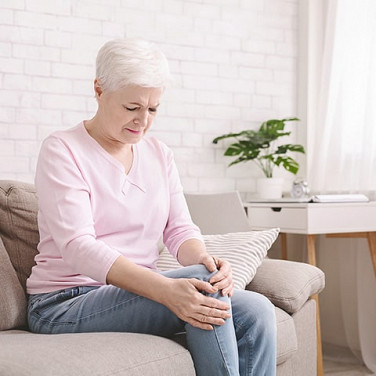Hypoparathyroidism, a rare but impactful condition, occurs when the parathyroid glands fail to produce sufficient parathyroid hormone (PTH). This deficiency leads to low levels of calcium in the blood, resulting in a range of symptoms that can significantly impact the health of elderly individuals.
The role of Parathyroid Hormone (PTH):
Parathyroid hormone plays a crucial role in regulating calcium levels in the blood. Produced by the parathyroid glands, PTH stimulates the release of calcium from the bones into the bloodstream and enhances the absorption of calcium from the intestines. When there is a shortage of PTH, as seen in hypoparathyroidism, the delicate balance of calcium is disrupted.
Symptoms in the elderly:
Hypoparathyroidism manifests with symptoms related to low calcium levels, and the elderly may experience muscle cramps, spasms, and tingling sensations in various parts of the body. These symptoms can affect mobility, daily activities, and overall quality of life for seniors.
Diagnostic challenges:
Diagnosing hypoparathyroidism in the elderly can be challenging, as its symptoms may overlap with other age-related conditions. Blood tests measuring calcium and PTH levels are crucial for an accurate diagnosis. Additionally, healthcare professionals consider symptoms such as muscle cramps, fatigue, and cognitive changes in the diagnostic process.
Management and treatment:
Managing hypoparathyroidism in the elderly involves addressing the calcium imbalance. Calcium and vitamin D supplements are commonly prescribed to maintain adequate calcium levels in the blood. Regular monitoring of calcium levels is essential to adjust treatment and prevent complications such as kidney stones or impaired kidney function.
Lifestyle considerations:
Seniors living with hypoparathyroidism may benefit from lifestyle adjustments to alleviate symptoms. This includes maintaining a diet rich in calcium and vitamin D, staying hydrated, and incorporating weight-bearing exercises to support bone health. Additionally, awareness of symptoms and prompt communication with healthcare providers are crucial for effective management.
The importance of awareness:
Given the rarity of hypoparathyroidism, creating awareness among the elderly and healthcare professionals is vital. Recognising symptoms, seeking timely medical attention, and ensuring proper management can significantly improve the quality of life for seniors living with this condition.
Hypoparathyroidism poses unique challenges in the elderly, affecting calcium balance and causing symptoms that impact daily life.
Understanding the role of parathyroid hormone, addressing diagnostic challenges, and adopting tailored management strategies contribute to enhanced well-being for seniors grappling with this rare but impactful condition.
Nursing Home Plus is here to help you choose a care home or facility best suited to your needs. Do not hesitate to contact us on the following number: 0230 608 0055 or fill out this form.

